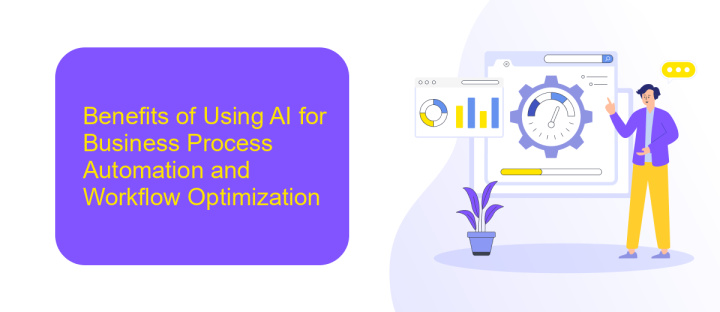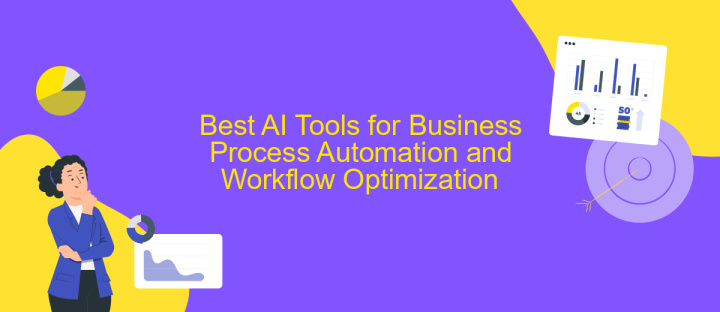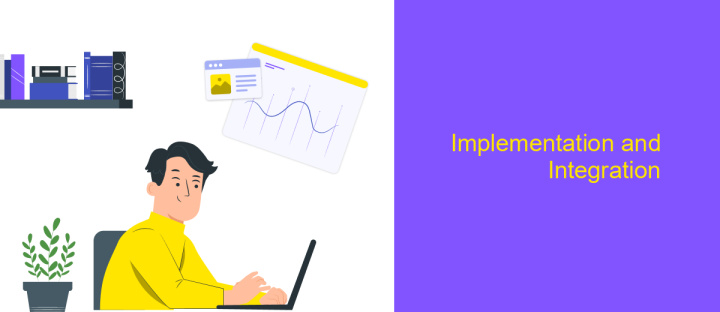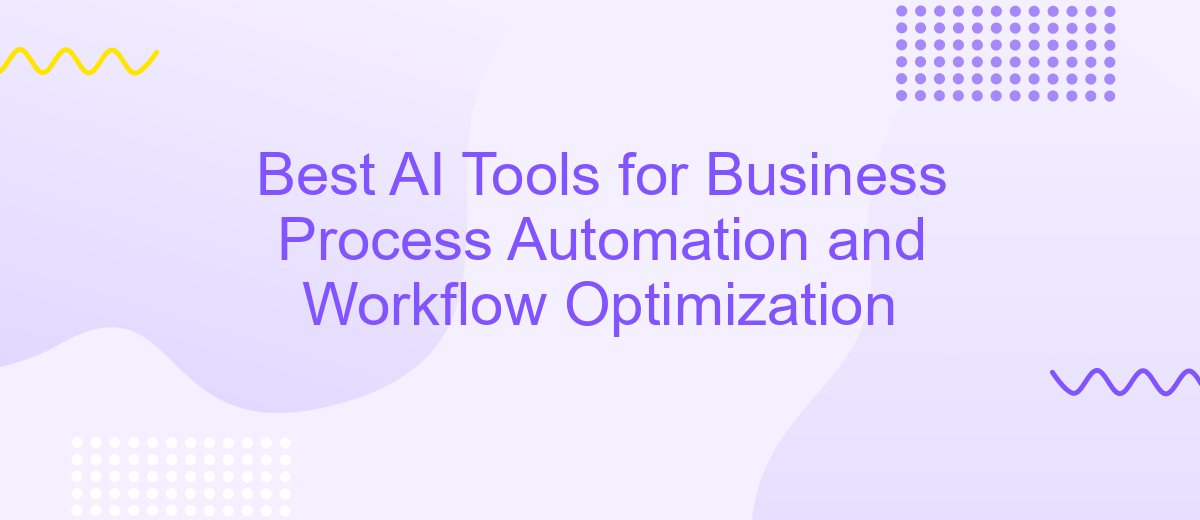Best AI Tools for Business Process Automation and Workflow Optimization
In today's fast-paced business environment, leveraging artificial intelligence (AI) for process automation and workflow optimization is no longer a luxury but a necessity. From streamlining operations to enhancing productivity, AI tools offer unparalleled advantages. This article explores the best AI tools available, helping businesses to automate tasks, reduce errors, and achieve greater efficiency and agility.
Introduction
In today's fast-paced business environment, the need for efficient process automation and workflow optimization has never been greater. Leveraging artificial intelligence (AI) tools can significantly enhance productivity, reduce operational costs, and streamline complex tasks. This article explores some of the best AI tools available for business process automation and workflow optimization, providing insights into their features and benefits.
- Robotic Process Automation (RPA) tools to automate repetitive tasks.
- Machine Learning (ML) algorithms for predictive analytics and decision-making.
- Natural Language Processing (NLP) tools for improved communication and data analysis.
- Integration platforms like ApiX-Drive for seamless connectivity between various business applications.
By incorporating these AI tools into your business operations, you can achieve higher efficiency and better resource management. Whether it's automating mundane tasks with RPA or making data-driven decisions with ML, the right tools can transform your workflow. Additionally, platforms like ApiX-Drive make it easier to integrate these tools into your existing systems, ensuring a smooth transition and maximizing their potential benefits.
Benefits of Using AI for Business Process Automation and Workflow Optimization

Implementing AI for business process automation and workflow optimization offers numerous benefits. Firstly, AI-driven tools enhance efficiency by automating repetitive tasks, allowing employees to focus on more strategic activities. This leads to significant time savings and reduces human error, ultimately improving overall productivity. Additionally, AI systems can analyze vast amounts of data to provide actionable insights, helping businesses make informed decisions and optimize their operations.
Furthermore, AI integration platforms like ApiX-Drive facilitate seamless connectivity between various business applications, streamlining workflows and ensuring data consistency across systems. By leveraging such services, companies can easily set up automated workflows without extensive technical expertise, reducing the need for manual intervention. This not only accelerates the implementation process but also ensures that the business can adapt quickly to changing market demands. Overall, the use of AI in business process automation and workflow optimization empowers organizations to achieve greater agility, efficiency, and competitive advantage.
Best AI Tools for Business Process Automation and Workflow Optimization

In today's fast-paced business environment, leveraging AI tools for process automation and workflow optimization has become essential. These tools not only streamline operations but also enhance productivity and efficiency.
- UiPath: A leading RPA platform that automates repetitive tasks, freeing up human resources for more strategic activities.
- ApiX-Drive: This integration service allows seamless connectivity between various applications, ensuring smooth data flow and process automation without the need for coding skills.
- Zapier: A versatile tool that connects different apps and automates workflows, making it easier to manage tasks and data across multiple platforms.
- Blue Prism: Known for its robust security and scalability, Blue Prism offers intelligent automation solutions that cater to complex business processes.
- Automation Anywhere: Provides a comprehensive suite of automation tools that help in managing end-to-end business processes efficiently.
By integrating these AI tools into your business operations, you can achieve higher efficiency, reduce human error, and focus on strategic growth initiatives. Whether it's through seamless integration with ApiX-Drive or automating repetitive tasks with UiPath, these tools offer versatile solutions for modern business challenges.
Implementation and Integration

Implementing and integrating AI tools for business process automation and workflow optimization requires careful planning and execution. The first step is to identify the specific processes that can benefit from automation and select the appropriate AI tools that align with your business objectives.
Once the tools are selected, the next phase involves integrating them into your existing systems. This can be a complex task, as it often requires ensuring compatibility with current software and platforms. Utilizing services like ApiX-Drive can streamline this process, as it offers a user-friendly interface for connecting various applications and automating data flows.
- Identify key processes for automation
- Select suitable AI tools
- Ensure compatibility with existing systems
- Utilize integration services like ApiX-Drive
- Test and monitor the integration process
After successful integration, continuous monitoring and evaluation are crucial to ensure that the AI tools are effectively optimizing workflows and delivering the desired outcomes. Regular updates and adjustments may be necessary to adapt to evolving business needs and technological advancements.
Best Practices and Case Studies
Implementing best practices in AI-driven business process automation involves several key steps. Firstly, identify repetitive tasks that can be automated to save time and resources. Next, ensure that the AI tools you choose are compatible with your existing systems and can be seamlessly integrated. For instance, using a service like ApiX-Drive can simplify the integration process, allowing for smooth data transfer between different platforms. Regularly monitor and evaluate the performance of these tools to make necessary adjustments and improvements.
Case studies demonstrate the tangible benefits of AI in business process automation. For example, a mid-sized logistics company utilized AI tools to streamline their order processing workflow. By integrating their existing systems with ApiX-Drive, they achieved a 30% reduction in processing time and a significant decrease in human errors. Another case involved a marketing agency that automated their client reporting process, resulting in more accurate and timely reports, ultimately enhancing client satisfaction. These examples highlight the transformative impact of AI when best practices are followed.
FAQ
What are the key benefits of using AI tools for business process automation?
How do AI tools optimize workflow in a business setting?
What types of business processes can be automated using AI tools?
How can I integrate AI tools into my existing business systems?
What should I consider when choosing an AI tool for my business?
Apix-Drive is a universal tool that will quickly streamline any workflow, freeing you from routine and possible financial losses. Try ApiX-Drive in action and see how useful it is for you personally. In the meantime, when you are setting up connections between systems, think about where you are investing your free time, because now you will have much more of it.

